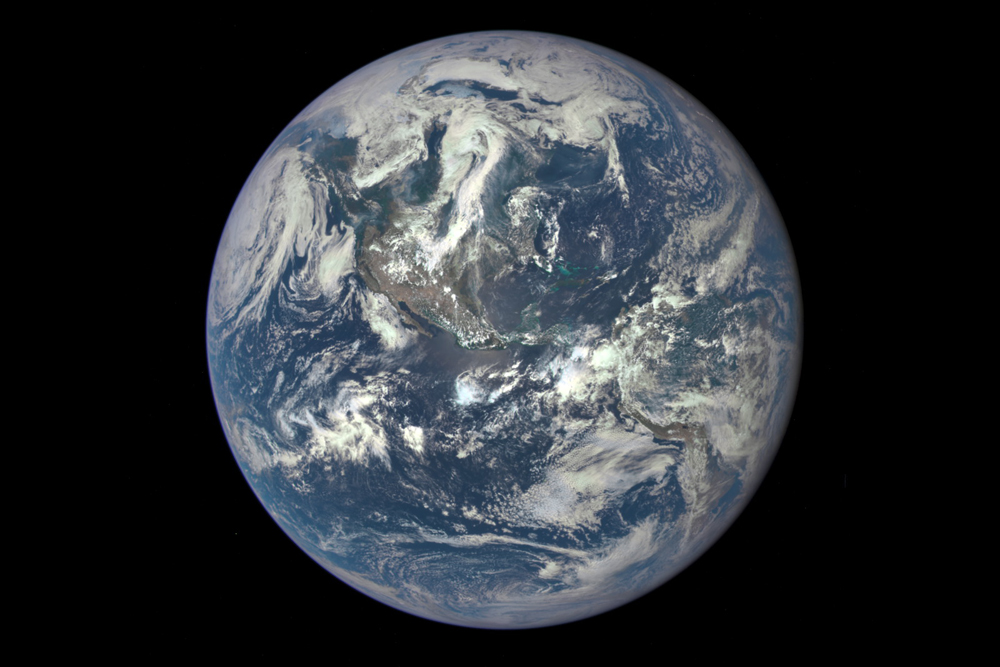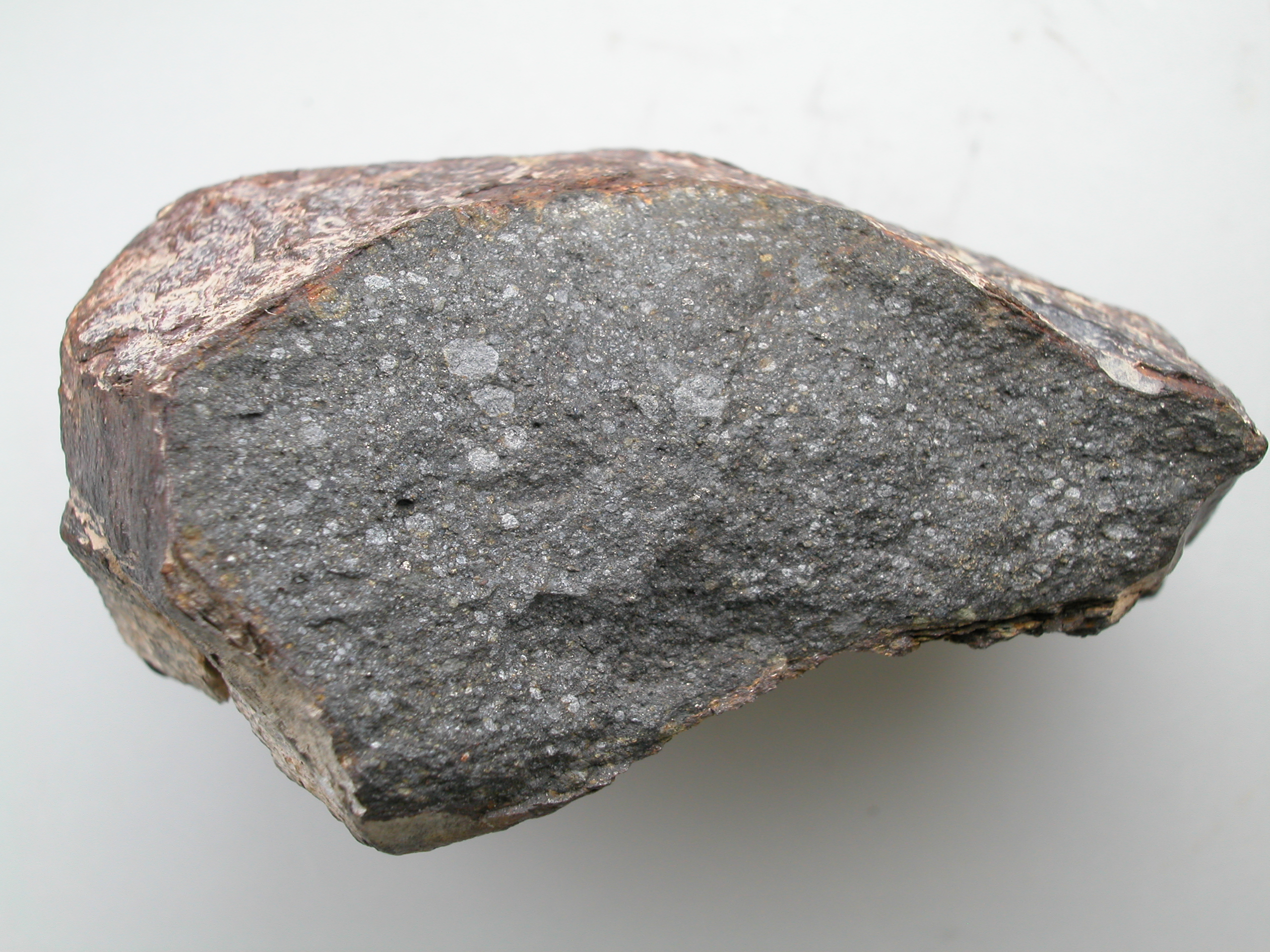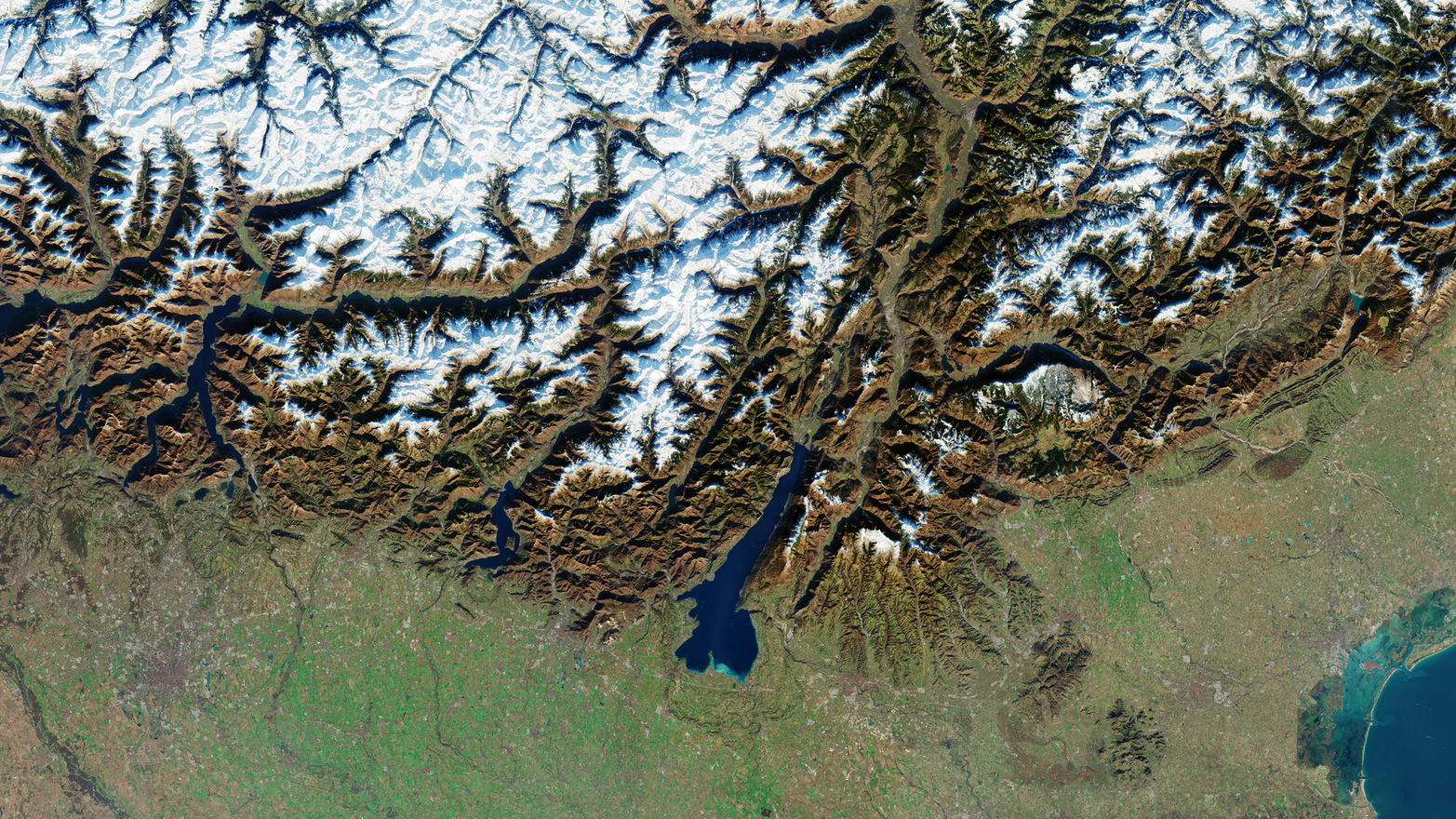Earth may have been born wet

Breaking space news, the latest updates on rocket launches, skywatching events and more!
You are now subscribed
Your newsletter sign-up was successful
Want to add more newsletters?

Delivered daily
Daily Newsletter
Breaking space news, the latest updates on rocket launches, skywatching events and more!

Once a month
Watch This Space
Sign up to our monthly entertainment newsletter to keep up with all our coverage of the latest sci-fi and space movies, tv shows, games and books.

Once a week
Night Sky This Week
Discover this week's must-see night sky events, moon phases, and stunning astrophotos. Sign up for our skywatching newsletter and explore the universe with us!

Twice a month
Strange New Words
Space.com's Sci-Fi Reader's Club. Read a sci-fi short story every month and join a virtual community of fellow science fiction fans!
Earth may not have needed asteroid and comet strikes to fill its oceans, a new study reports.
Conventional wisdom has long held that our planet was born dry, because its building blocks formed relatively close to the hot, baking sun. Earth therefore got the vast majority of its water later, most scientists have thought, from impacting objects native to the cold and icy depths of the outer solar system.
Indeed, researchers have been arguing for years about whether comets or asteroids were the primary water bearers.
Related: Earth quiz: Do you really know your planet?
But such debates may be mostly academic, suggests the new study, which was published online today (Aug. 27) in the journal Science. Researchers analyzed 13 different enstatite chondrite (EC) meteorites, a class known to be similar to the space rocks that coalesced to form Earth more than 4.5 billion years ago.
They found lots of hydrogen in the supposedly dry meteorites — enough to imply that our planet was born quite wet. The team's calculations suggest that the rocks that formed Earth harbored at least three times as much water as the planet's present-day oceans hold.
"Our discovery shows that the Earth's building blocks might have significantly contributed to the Earth's water," study lead author Laurette Piani, a researcher at the Centre de Recherches Pétrographiques et Géochimiques in Nancy, France, said in a statement.
Breaking space news, the latest updates on rocket launches, skywatching events and more!
"Hydrogen-bearing material was present in the inner solar system at the time of the rocky planet formation, even though the temperatures were too high for water to condense," Piani said.
Piani and her colleagues "convincingly argue that water could come from enstatite chondrites," Anne Peslier, a researcher at NASA's Johnson Space Center in Houston, wrote in a companion "Perspectives" piece in the same issue of Science.

Big questions remain about the timing of Earth's water uptake, Peslier noted, so it's unclear if most of the water sloshing in our seas does indeed go all the way back. For example, if most of Earth's native water was incorporated very early on, it may have been boiled away by long-ago asteroid bombardments and/or the formation of magma oceans. (In that case, the asteroid-vs.-comet debate would be very much viable.)
"Nevertheless, the authors' work brings a crucial and elegant element to this puzzle," Peslier wrote. "Earth’s water may simply have come from the nebular material from which the planet accreted."
Mike Wall is the author of "Out There" (Grand Central Publishing, 2018; illustrated by Karl Tate), a book about the search for alien life. Follow him on Twitter @michaeldwall. Follow us on Twitter @Spacedotcom or Facebook.

Michael Wall is a Senior Space Writer with Space.com and joined the team in 2010. He primarily covers exoplanets, spaceflight and military space, but has been known to dabble in the space art beat. His book about the search for alien life, "Out There," was published on Nov. 13, 2018. Before becoming a science writer, Michael worked as a herpetologist and wildlife biologist. He has a Ph.D. in evolutionary biology from the University of Sydney, Australia, a bachelor's degree from the University of Arizona, and a graduate certificate in science writing from the University of California, Santa Cruz. To find out what his latest project is, you can follow Michael on Twitter.
